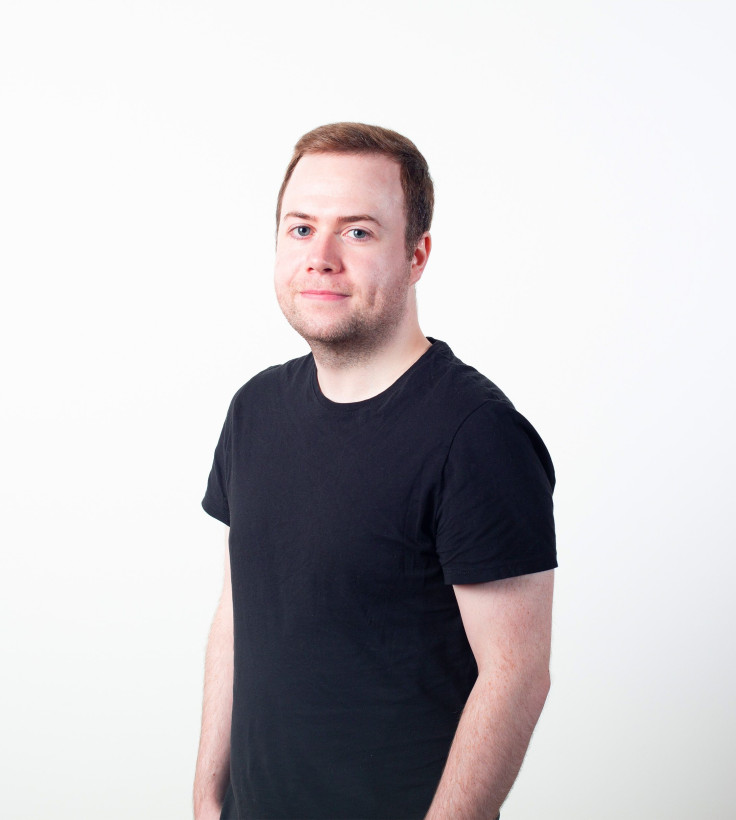Simon Fletcher's Path To Tech Success: From Self-Taught Teen Coder To Startup Founder
Fletcher found a community of user-created websites that inspired him to create his own

Simon Fletcher always knew he'd end up in tech, and though he didn't have everything figured out at first, he knew enough to lay a solid foundation.
Instead of pursuing a computer science degree, Fletcher started coding in his early teens and dove into the startup world, landing his first engineering role right out of high school.
"My passion for software engineering began around 10 or 11," Fletcher reflects. "I began teaching myself basic coding skills and eventually began applying them to my ideas a few years later. At the time, I didn't anticipate the skills leading to a career; I simply enjoyed creating things online."
This early passion set him on an unconventional path when he discovered an early online social network and game called Habbo Hotel. Through this platform, Fletcher found a community of user-created websites that inspired him to create his own.
Diving Into The Startup World
"Once I realized that I could spend my time building projects and earn an income from it, I knew I wanted to pursue it further," Fletcher explains. That self-taught passion and drive led him to his first engineering role at a startup called Youmeo right out of high school in 2008. However, his entrepreneurial spirit never left him. After a year, Fletcher left Youmeo to pursue his startup ideas, founding BakedCode in 2010.
BakedCode primarily developed an Interstate project management tool, which landed notable customers like Cisco, IBM, and Twitter. At 18, Fletcher was accepted into the Y Combinator accelerator program, making him the youngest YC founder. Over the next two years, he continued to scale Interstate before selling the company to Stripe.
From Minbox to Airbnb
"My first startup was a particular achievement, not only because I built and sold it before I was 21, but also because it solved some real problems with project management that companies are still trying to solve today." That drive to constantly build and create would become the running theme throughout Fletcher's career.
Buoyed by the success of his first venture, Fletcher quickly moved on to his next startup and founded Minbox, a file-sharing and collaboration tool. He dedicated the next three years to Minbox, scaled it, and sold it to Airbnb in 2016. "My second startup allowed me to focus more on engineering," Fletcher explains. "I discovered that my main passion in software engineering is on the front-end—dealing with how customers interact with and use the product."
Running Stopwatch During The Pandemic
Fletcher joined the Airbnb team for two years before moving on to his next challenge, Time Travel Corp, where he built a video-based social networking app, Stopwatch. The move coincided with the pandemic, which proved difficult.
"Navigating and running a small startup during the pandemic was challenging," Fletcher admits. The company eventually succumbed because the app depended on users recording video content outside, and there were movement restrictions. Still, Fletcher appreciates the experience. "It taught me lessons on the tenacity and persistence required to build a startup."
Refocusing On Front-End Engineering At Twingate
After the Stopwatch experience, Fletcher focused on front-end engineering, leading to his current role at Twingate, a zero-trust network security startup. He leads the front-end engineering of web products.
Reflecting on his journey, Fletcher acknowledges it hasn't always been easy. While the vision never wavered, some days have been more challenging than others, especially early on. "Moving to the US, fundraising, and building my first startup, all before 20, was an eye-opening experience," Fletcher shares. "My immigration journey has been a challenge in and of itself—demonstrating skills, particularly during the early years of my career, without a formal degree was a challenge."
Mentorship and Future Aspirations

Despite not holding a degree, Fletcher has repeatedly risen to the challenge, leveraging his innate drive to reach the next level. Some of his acquaintances have led to valuable industry connections. "One of my early acquaintances was Jon Wheatley, then the founder of Dailybooth, who serendipitously became my co-founder at Stopwatch a few years ago."
As an established engineer himself, Fletcher strives to pay that kindness forward. Along the way, he's mentored other engineers and spoken at industry events, sharing his experiences and insights with aspiring startup founders.
Careerwise, Fletcher hopes to continue building at Twingate and in future entrepreneurial ventures. "I still feel that I have much more to build, which inspires me to seek new ideas," he says. "I intend to create another company at some point in the future; it's just a matter of landing on the right idea at the right time."
For someone with Simon Fletcher's track record, this seems inevitable. From self-taught coding skills to his startup triumphs, Fletcher has consistently proven that talent, drive, and willingness to take risks can be as powerful as traditional educational pedigree. With tech opening even more opportunities, the sky's the limit for this self-made techpreneur.
© Copyright IBTimes 2025. All rights reserved.





















